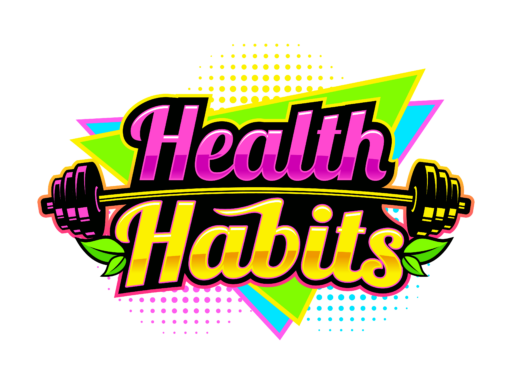Preface: This article is part three in a series on supplements reported to help sleep. In it, we take a look at whether these popular supplements have merits for helping sleep and what risks and downsides may come with them. Here are the previous articles on melatonin for sleep and kratom for sleep.
Magnesium for sleep is increasing in popularity more and more. One colleague even told me that “magnesium is the vitamin D.” What he means is that just about everyone agrees almost everybody should be taking a vitamin D supplement. It’s only a matter of time before magnesium is thought of similarly as an essential supplement.
This statement has merit for two reasons. First, magnesium has clear, proven benefits. Mainly, it’s shown to improve sleep. Secondly, unless you’re pounding down bags and bags of leafy greens, you’re probably deficient in magnesium. This is true for vitamin D as well. It has that combo of clear efficacy and frequent deficiency. One study found that 68% of adults don’t get enough Magnesium, and even the study admitted this is likely an underestimate because intracellular magnesium is often lower. Other estimates put it closer to 80%.
How Magnesium Improves Sleep
Magnesium’s effects are widespread, as it plays a role in over 300 different enzyme-related reactions in the body. One that directly improves sleep is magnesium’s role in increasing the presence of GABA, a neurotransmitter necessary for relaxation. More broadly though, sufficient magnesium means your body will be running smoothly, and sound sleep is a symptom and sign of great overall health.
The Drawbacks of Magnesium for Sleep
Magnesium supplementation sounds like a no-brainer. Unlike supplements like melatonin and kratom, there are no serious long-term, consistent drawbacks. However, there are a few considerations you should take into account.
Firstly, magnesium loosens your stools. It’s used as a laxative. This is a polite way of saying, if you take too much of the wrong forms of magnesium, you’re going to have diarrhea. In these instances, it means you’re also not absorbing the magnesium, which defeats the point of supplementation.
Topical Magnesium?
One reported solution to this is to use topical magnesium creams and gels and absorb it through the skin. However, research is mixed on the efficacy of this. Actually, research isn’t mixed. Nearly all the studies testing this show that we don’t absorb magnesium transdermally.
What is mixed is the long history of doing so. Epsom salt baths (which is magnesium sulfate, a common magnesium salt) have a long tradition of being used for relaxation and calming. Is it just the bath? Or were we onto something for hundreds of years that magnesium played a role in this? If it does, it would contradict the current data. Perhaps it’s a placebo combined with the natural calming benefits of a nice bath in the evening.
Magnesium Forms to Avoid For Digestive Reasons
The best way to solve the laxative problem is to avoid specific forms of magnesium where it’s a problem. According to the National Institutes of Health, magnesium carbonate, chloride, gluconate, and oxide cause the most diarrhea. So avoid those.
The Best Forms of Magnesium for Sleep
There are dozens of forms of magnesium with different benefits. Some support brain health, others support heart health, and others target sleep benefits. Here are the best forms of magnesium specifically to improve your sleep.
Eat More Vegetables
Don’t forget, the best option of them all is to eat a healthier diet with more foods high in magnesium, like leafy greens. Just because it may not be enough to have optimal levels, doesn’t mean we shouldn’t start there.
Magnesium Glycinate
Magnesium glycinate is the form most commonly used in sleep studies. In that sense, it’s the form of magnesium we have the most confidence in for improving sleep. It’s also a relatively inexpensive form.

See Magnesium Glycinate on Amazon
Magnesium L-Threonate
This form of magnesium is also known for its brain-boosting benefits and for its high bioavailability. This means you’ll absorb more of this one than most forms. If you’re looking to not just improve sleep, but also brain function, this one may be your best choice. This form of Mg often goes by the name “Magtein.”

See Magnesium L-Threonate on Amazon
A Shotgun Approach
Another option is to look into magnesium supplements that contain multiple kinds of magnesium. Each form will have some unique health benefits.

2 Pingbacks